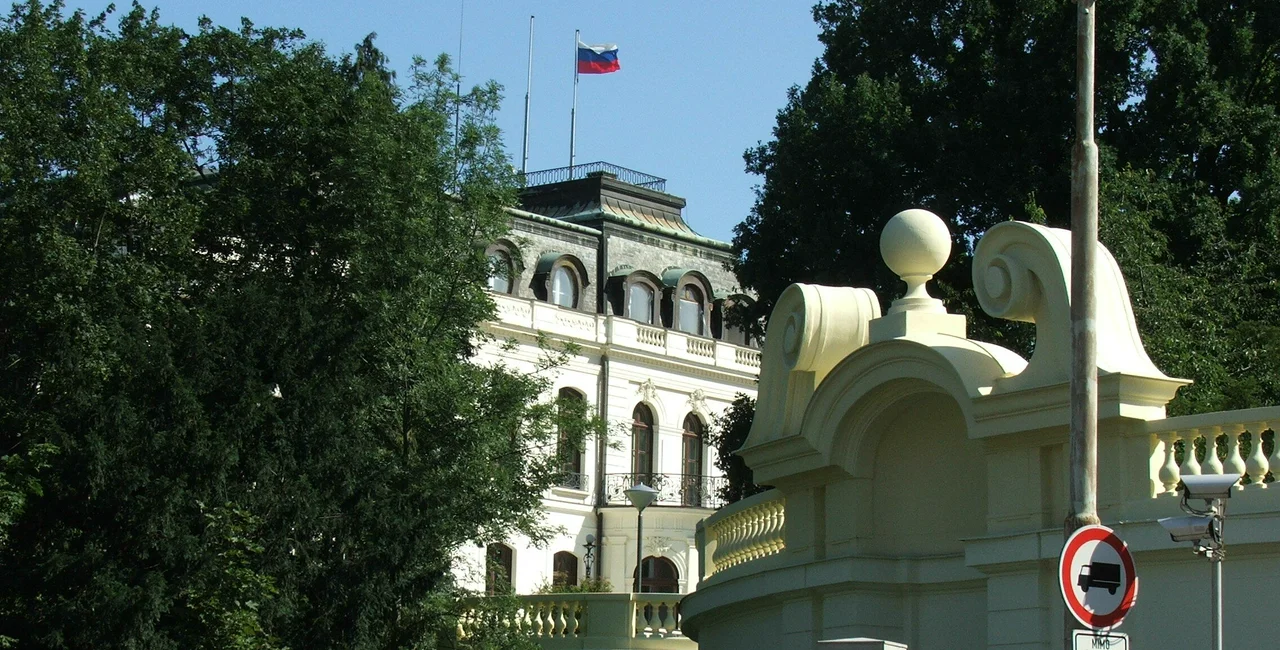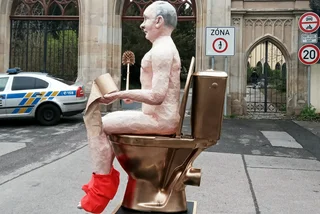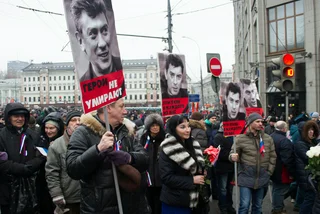Activity attributed to Russian internet trolls dropped significantly after some workers at the Russian Embassy in Prague were deported, according to a report by news server Seznamzpravy.cz.
The expulsion of 18 people Czech authorities described as officers of the Russian secret services occurred in April, after Prime Minister Andrej Babiš and Interior Minister Jan Hamáček said there was a reasonable suspicion that Russian agents were involved in fatal explosions at the ammunition depot in Vrbětice in 2014. The expulsions led to reciprocation from the Russian side, which expelled Czech embassy staff from Moscow.
Experts on disinformation and the Security Information Service (BIS) both said that activity of Russian trolls on the Czech Internet decreased significantly once the expulsions took place.
“We have similar knowledge; we know about the decline. At the moment, we are analyzing the exact reasons,” BIS spokesman Ladislav Šticha told Seznamzpravy.
Not only have the number of misinformation posts dropped, but the amount of “likes,” up votes, and similar responses has also dropped. These responses help to push the original misinformation post to the top of the list of comments.
Russia has been accused of using brigades of people standing behind false identities called sock puppets and using automated programs called bots to flood internet forums and social media with comments that ultimately serve to advance Russia’s policy goals.
A number of people working together to run bots and spread fake comments is called a troll farm. Activity from Russian troll farms can be identified by the structure of the messages, according to experts. The messages often follow a pattern of fitting in several pro-Russian talking points into a single post, for example, as if a quota has to be met.
The Czech Elves (Čeští elfové), a group that monitors trolling activity on the domestic discussion boards and social networks, first noticed the change.
"We have found a reduction in the number of social media contributions that we believe were being prepared by workers operating in the Czech Republic. … Russians are very likely to left the field sometime between April 19 and 26,” the Czech Elves wrote in a report.
They later updated the report though to remove the reference to Russia, saying it needed further analysis.
The dates, though, coincide with the departure of the 18 Russian diplomats on April 19.
BIS spokesman Šticha confirmed that the Czech Elves first made the connection. The decline in activity was also confirmed by experts from the firm Semantic Visions, which in part tracks misinformation misinformation. The level of trolling activity attributed to Russian sources on Czech soil has not yet risen back to its former levels.
The idea that a troll farm was directly at the embassy compound is being taken seriously by the BIS. “One of the possible variants is that the troll farm was right at the embassy. But we will see what the real reason is. We will also see if the activity is resumed from elsewhere,” Šticha said.
Seznamzpravy contacted the Embassy of the Russian Federation in Prague about the allegations.
"Employees of the Embassy of the Russian Federation in the Czech Republic have never dealt with and do not deal with the dissemination of disinformation. It does not belong to the traditions of Russian diplomacy,” embassy said in response.
The Russian Embassy compound is one of the largest of its type in the Czech Republic. It is located on the edge of Stromovka park in Prague 7, and contains a row of residential buildings in addition to the main embassy building. The city district has been attempting to get back the strip of land with the residential houses, claiming that its is being used illegally, but the Czech Foreign Ministry ruled the land was legally transferred in 1970.












 Reading time: 3 minutes
Reading time: 3 minutes 
































